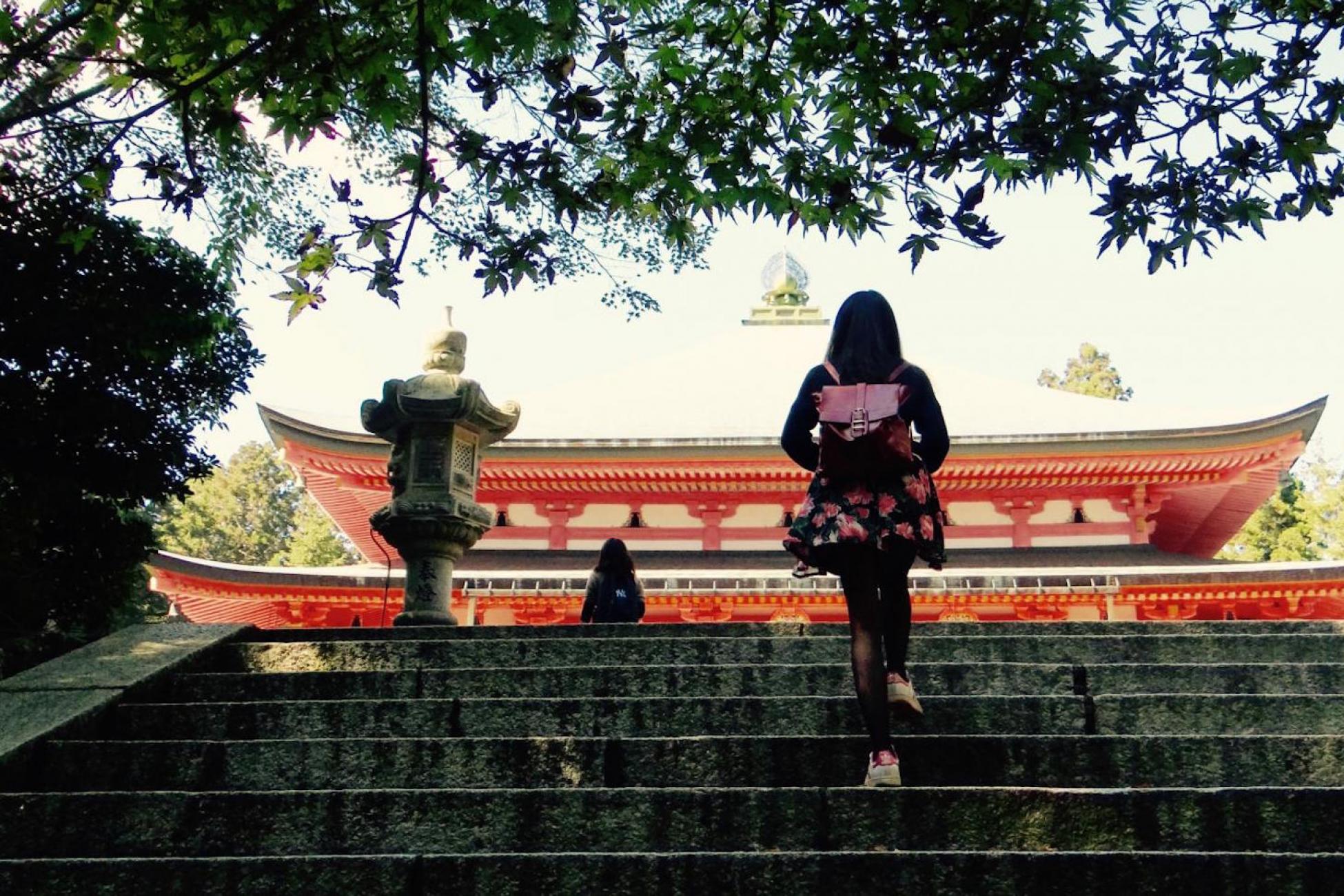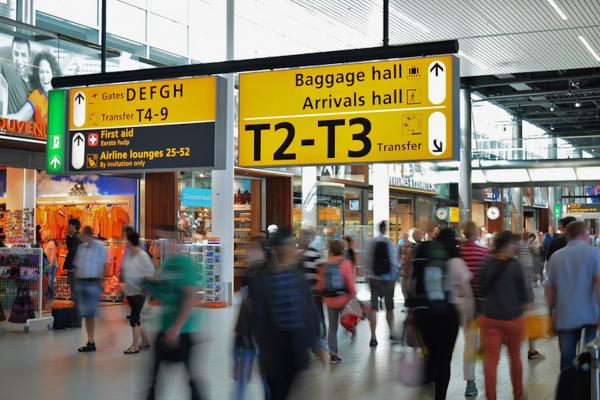So your time abroad is almost at an end. Time to say goodbye to the new life you lived for too short a period of time. Your new friends and your new habits cannot come home with you. This can be very problematic when you have grown attached to your study abroad experience. But equally difficult, along with your new memories, is the acquisition of new stuff.
How can you fit all the stuff you have accumulated during your time abroad into that suitcase of yours? Are you planning to travel after you are done studying? If so, then you will be in desperate need of extra room.
After my university term ended in Japan, I vacationed Hong Kong during the winter break before returning home to Canada. Because Hong Kong is a major shopping city, I knew I would buy souvenirs; as such, I was worried about how much I would be able to fit in my suitcase, without going over the airlines’ weight limit.
If you are like me then you will need some helpful tips for your return home, when there is far too much stuff in your dorm room (souvenirs included) to bring back.
1. Sell your clothes.
I purchased some clothes in Japan and selling them back was a good option for me. There were lots of stores in Japan that pay for gently used clothes. In my case, most of the clothes I purchased in Japan ended up not fitting comfortably anyways, so I sold them without hesitation. Check around your city to see if there are similar places.
2. Ship things back.
Most countries offer ground mail or air mail delivery of packages. Ground mail is a good choice if you have two to three boxes of either personal items or souvenirs to send home. Keep in mind, the shipping time is longer and there is less certainty of your packages reaching the destination.
3. Give things away.
I let my roommates and friends comb through my room for things to take that I would not need back home. For example, all items I use on a daily basis (pillow, blanket, towel, etc.) or school supplies (binders, pencil holder, etc.) were up for grabs.
4. Pack smartly.
Suitcase packing is an art. Over time you pick up tricks to maximize the amount of things you can carry in that tiny rectangle on wheels.
a. Roll all your clothes. I did not use any strategic packing methods before travelling to Japan because I wanted the illusion of my suitcase being full so that I could use the rolling technique when going home.
b. Stuff socks into shoes.
c. Unwrap souvenirs. As hard as it can be to unwrap a nicely packaged item, plastic packaging or boxes are awkwardly shaped and take up more room than necessary.
5. Bye-bye books.
6. Recycle.
As a student, you accumulate lots of paper. Sort through everything and recycle what you do not need. My university in Canada required proof of course content so I was required to keep course outlines and tests, but everything else went into the bin.
7. Donate.
If you still have stuff left over and it is in good condition find out if there are local charities that will accept donations.
8. Pre-pack.
If you are particularly worried about whether or not everything will fit in your suitcase, do a practice pack of half of your things a few days before you leave. If you find that even half of everything is a squeeze or that there is no way the other half will fit in, look at the above tips one more time. With a few days left you can still sell, give away or mail back. Finding out the night before you leave that not everything fits leaves no room to solve the problem.
Chances are you bought a lot of cool things while you studied abroad but unfortunately, you cannot take everything home. Prioritize what is necessary to bring back and what can be left behind. The best advice I can give starts as soon as you land in your foreign country; always be conscious of what you purchase and your ability to bring it home when you leave.
Add this article to your reading list




